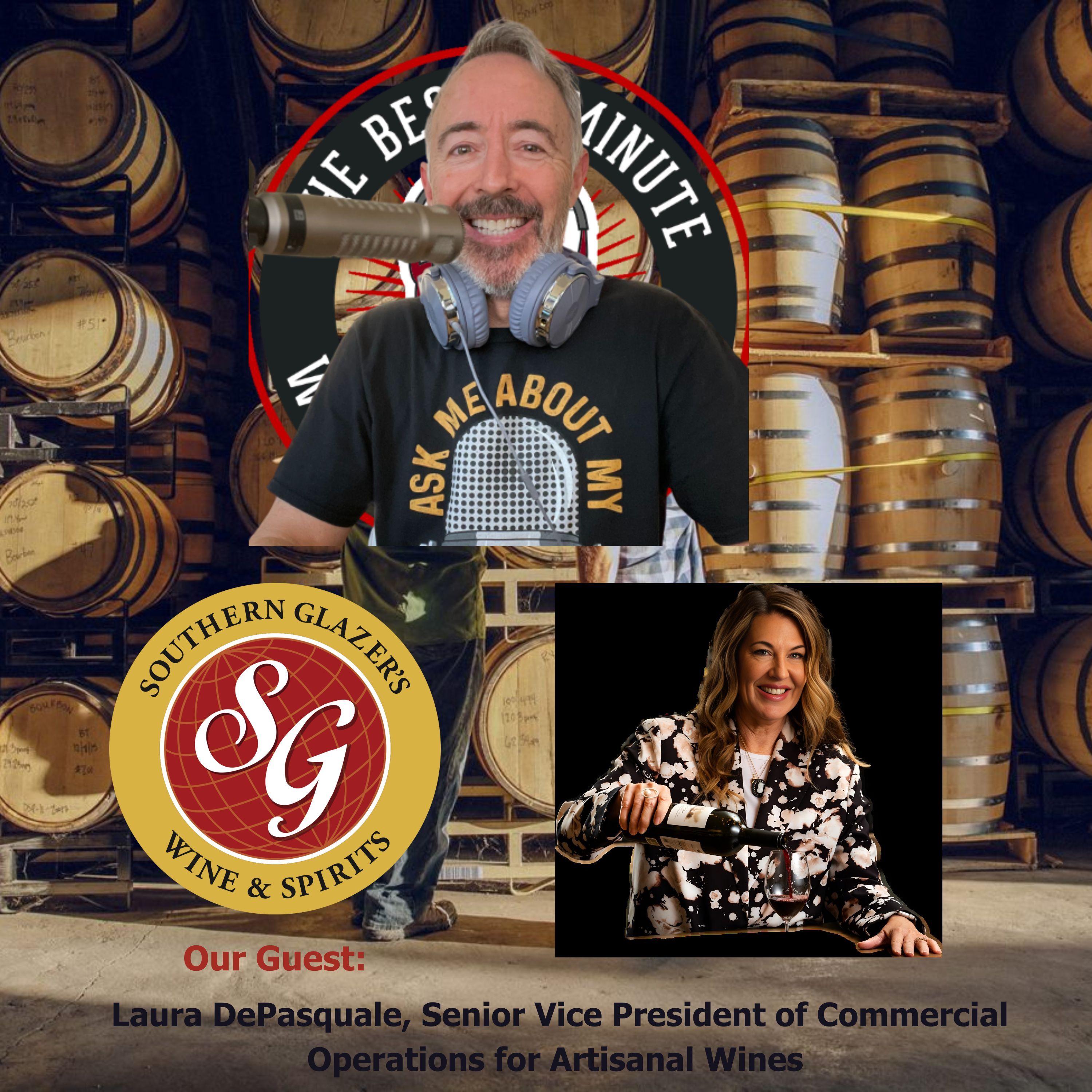Master Sommelier: Laura DePasquale's Journey in Wine Pt. 1-6


Join us as we explore the evolving landscape of the wine industry with Laura DePasquale, Senior Vice President of Artisanal Wines at Southern Glazer's Wine and Spirits. Laura shares her unique journey from aspiring artist to a trailblazer in the wine business, emphasizing the significance of women in leadership roles and how they are reshaping the market. She discusses the challenges she faced as one of the few women executives in her early career and highlights the progress made in recent years. The conversation delves into the importance of storytelling in wine marketing, particularly for small boutique wineries, and how these narratives enhance the customer experience. Laura also reflects on the agricultural essence of wine production and its vital role in shaping sustainable practices within the industry.
Your Host: Forrest Kelly is an experienced Radio/TV broadcaster who has interviewed some of Hollywood’s biggest celebrities, from Garth Brooks to Kevin Costner. A lover of wine who is fascinated by the science behind it.
Voted One of The Best Travel, Top 5 Minute, and Top Wine Podcasts.
Takeaways:
- Laura DePasquale's journey from aspiring artist to master sommelier showcases the unexpected paths in careers.
- Women have made significant strides in the wine industry, paving the way for future generations.
- Storytelling is important in wine marketing as it enhances customer experiences and brand connection.
- Defining fine wine goes beyond price; it involves understanding production and availability nuances.
- Southern Glazer's commitment to sustainability and supporting artisanal wineries is commendable and impactful.
- Building mentorship programs for women in wine helps create a more inclusive industry environment.
Links referenced in this episode:
Hosted by Simplecast, an AdsWizz company. See pcm.adswizz.com for information about our collection and use of personal data for advertising.
